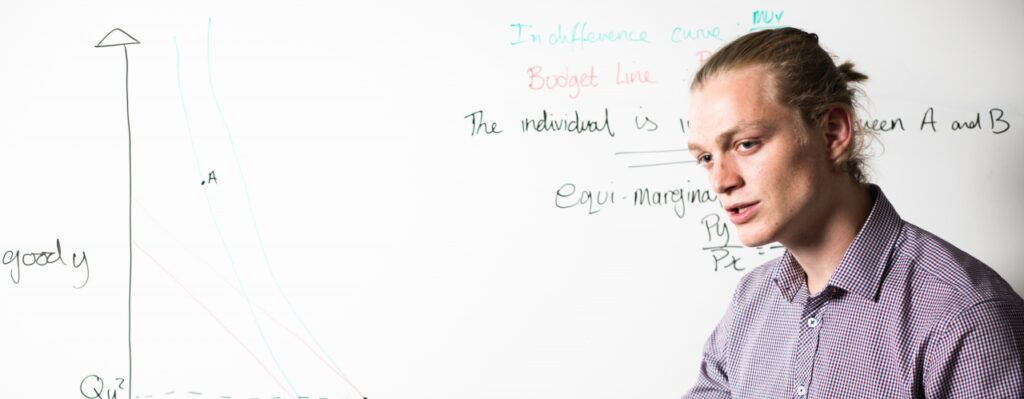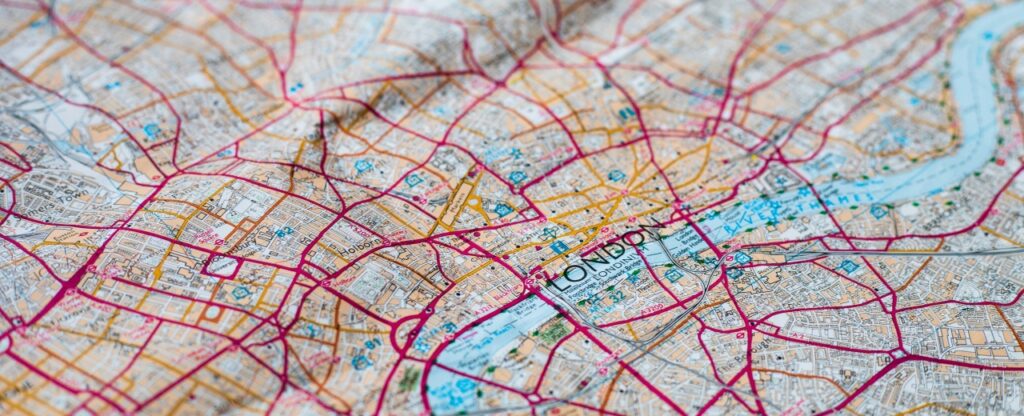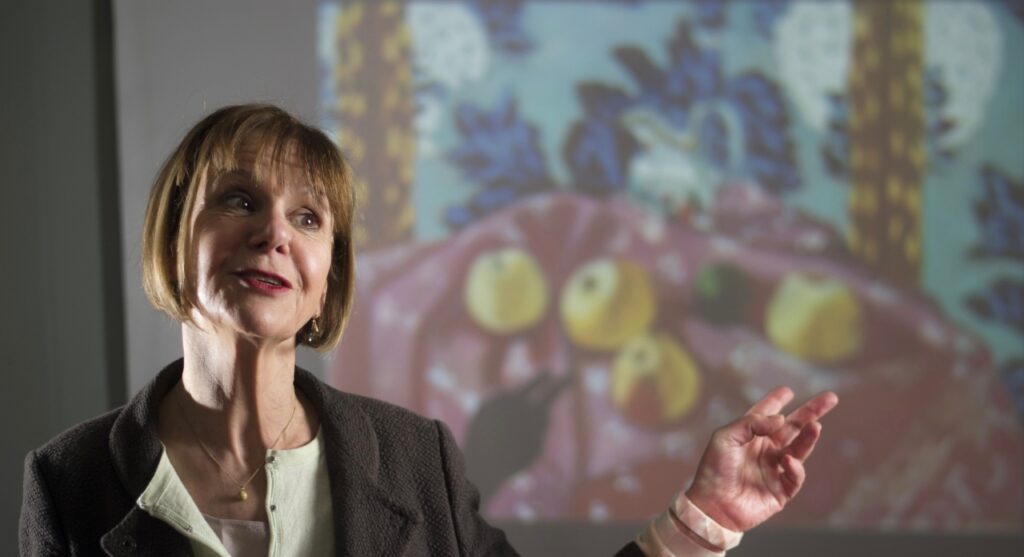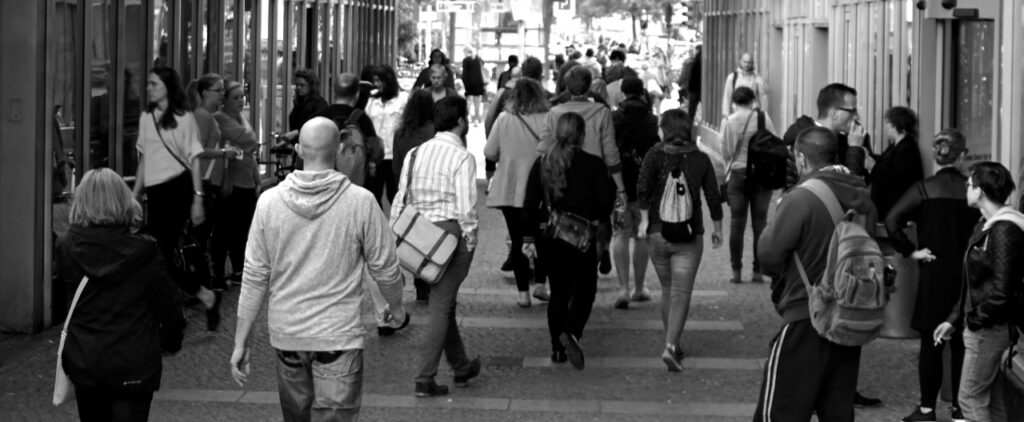A-Level – Humanities
Business

Business
Offering a dynamic teaching and learning experience is only part of our delivery. We place an emphasis on your learner experience that will engage you in a myriad of entrepreneurial programmes whilst also building upon your transferable skills for life, such as critical thinking, collaborative problem solving, emotional intelligence, resilience and creativity.
Classical Civilisation

Classical Civilisation
One of the main attractions of classical civilisation is that you get to study a range of different subjects across the worlds of Greece and Rome be it Literature, Art History, Philosophy or Ancient History. No prior knowledge of the subject is required, just an enthusiastic attitude!
Economics

Economics
Every day, each of us is presented with an innumerable number of choices. Economics is the study of these decisions, and the science behind valuing the alternative opportunities each choice makes available to us. Its key premise is the scarcity of resources and the resulting need for these resources to be allocated efficiently and, as such, it is the science of exchange.
English Literature

English Literature
English Literature is not only about the close study of written texts but is also a study of the human condition. It examines what drives us – or haunts us: loyalty, friendship, love, jealousy, fear, sorrow, ambition, greed. Students discuss how these concepts affect our lives and study how writers present and explore these ideas using the particular techniques of prose, poetry or drama.
Geography

Geography
Geography stimulates an interest in the world around us and gives young people a desire to explore. It reinforces knowledge of how places are interconnected and develops an understanding of current events while requiring students to make connections between natural, economic, social, political, and technological systems, and preparing them for the world of work.
History

History
History is a particularly important subject because it provides students with a sense of the past and an insight into the political, social, and economic circumstances that confront us in today’s world. Students’ study of the social, political, and religious aspects of seventeenth century British history in Module 1, for example, may help them understand the reasons for the ‘Union Flag’ disturbances in Belfast in January 2013 and the context of the Scottish Referendum of September 2014.
History of Art

History of Art
History of Art is a very popular subject at Fine Arts College. A-level History of Art assumes no prior knowledge of this area of study and is suitable for a range of students who wish to develop their interest in, and enjoyment of, the subject.
Latin

Latin
In the Pro Caelio, Cicero tries to divert attention away from his playboy client by attacking Caelius’ former mistress, Clodia, and painting her as a she-devil, guilty of multiple affairs and attempts at murder.…
Media Studies

Media Studies
The media landscape is in a constant state of change and development. Convergence between media is opening up a proliferation of opportunites both for the mass media as well as the individual. The digital revolution requires a literacy and an understanding of so many forms of communication in order to take full advantage of it. An A level in Media Studies offers that opportunity.
Philosophy

Philosophy
Aristotle opens his book ‘The Metaphysics’ with the claim that ‘All men by nature desire to know’. With this pithy phrase Aristotle answers precisely why one should study Philosophy. The reason is very simple indeed: the course of our life is such that we naturally will and must confront the fundamental questions of existence.
Politics

Politics
In the midst of an enormously turbulent few years heaving with political change and crisis, both here in the UK and across the world, the relevance of Government and Politics to the lives of each of us could not be clearer. Government, and the political sphere which encompasses it, is not just accountable for the socioeconomic structure which surrounds us, but it is also the means by which we can reform that structure.
Psychology

Psychology
Psychology is the study of human behaviour and mental functioning. It is therefore relevant to every aspect of human life and today there are psychologists working in areas as varied as health, education, business, and crime. Rooted in philosophy and science, the history of psychology encompasses many discoveries and theories that have helped shape our understanding of human behaviour.
Religious Studies

Religious Studies
‘Philosophy’ literally means the love of wisdom. It is a subject that seeks to determine ways of looking at the questions that intrigue humanity, such as ‘What is knowledge?’ or ‘What is the purpose of life?’ By focusing specifically on the moral and religious branches of philosophy, we address how ideas of God, goodness, and the nature of belief have affected society and the development of thought throughout the ages. Combined with the study of Scripture, we look at how and why we see religious texts as being authoritative; the nature of authorship and interpretation; and how these texts are used to influence social and cultural laws or customs.
Sociology

Sociology
Sociology is the study of society, social interaction and culture influencing interpersonal relationships. It is therefore relevant to every aspect of human life and today there are sociologists working in areas as varied as social policy, education, welfare, and crime. Rooted in philosophy and epistemology, the history of sociology encompasses many discoveries and theories that have helped shape our understanding of society.


